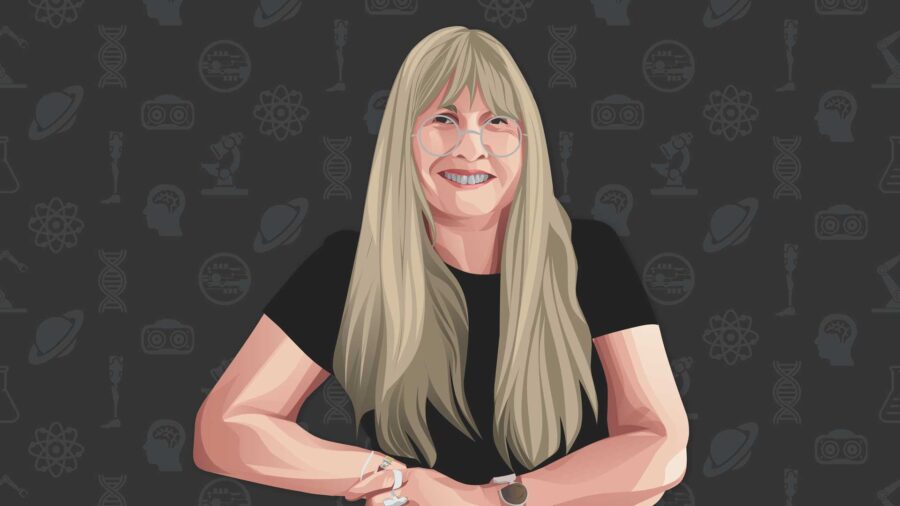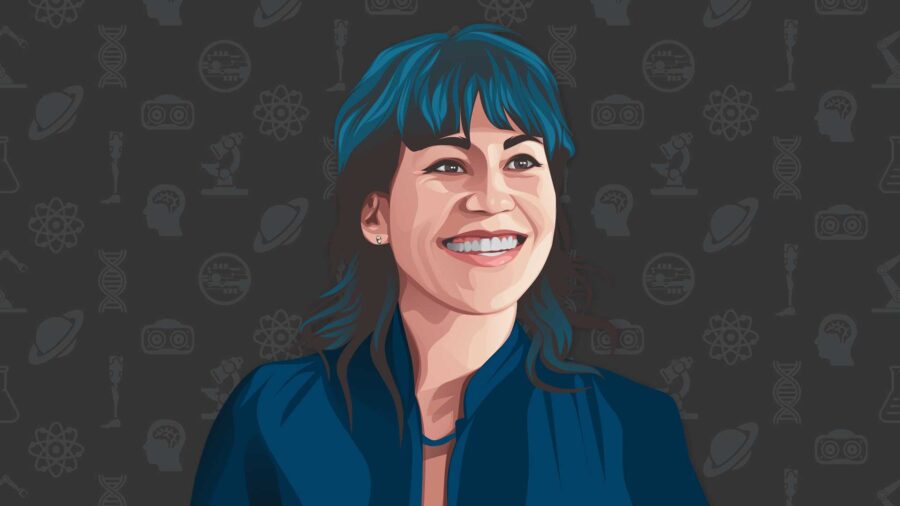Traditional psychology and counseling will help people understand in a very linear way why they are the way they are. Whereas what I’m really focused on and what I’ve been specializing in for the last number of years is the how. And for me, virtual reality therapy is the how of change.
Futures Podcast (Page 3 of 3)
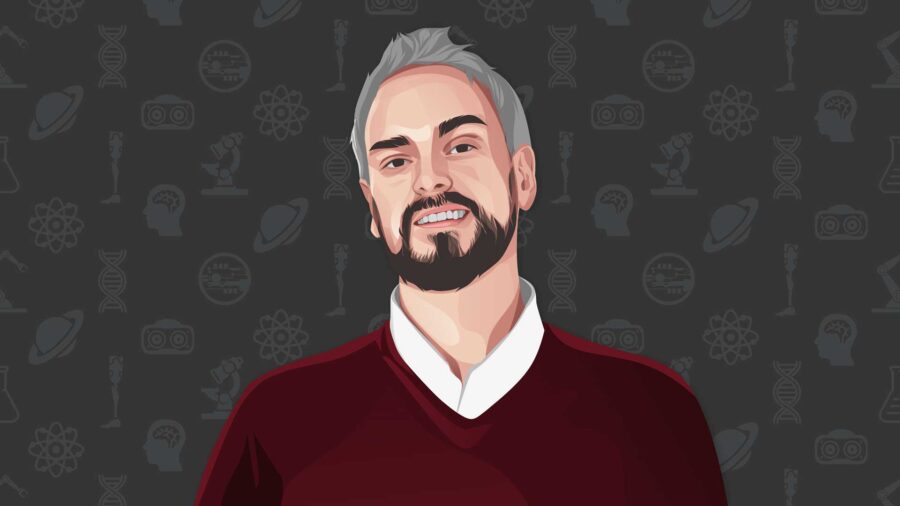
Futures Podcast #6: Virtual Therapy, with Michael Carthy
presented by Luke Robert Mason, Michael Carthy
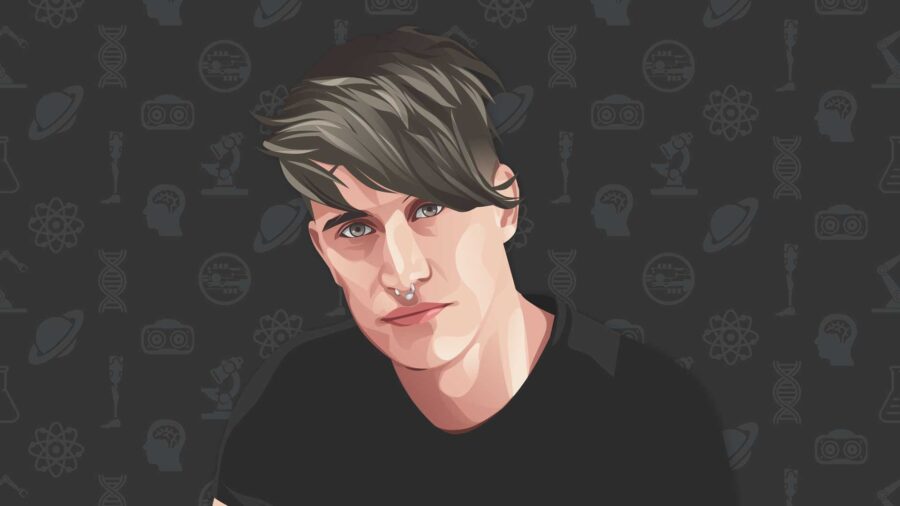
Futures Podcast #5: Electronic Waste, with Dani Ploeger
presented by Dani Ploeger, Luke Robert Mason
This idea of (re)performing the posthuman was pretty much based on a desire to talk about the cyborg ten years after, or fifteen years, twenty years after the Cyborg Manifesto and Katherine Hayles’ book became famous. And to really—yeah, to talk about maybe the normal cyborg, the normal technologized body. You know, technology in the everyday and its implications for the way we perceive and experience our bodies.
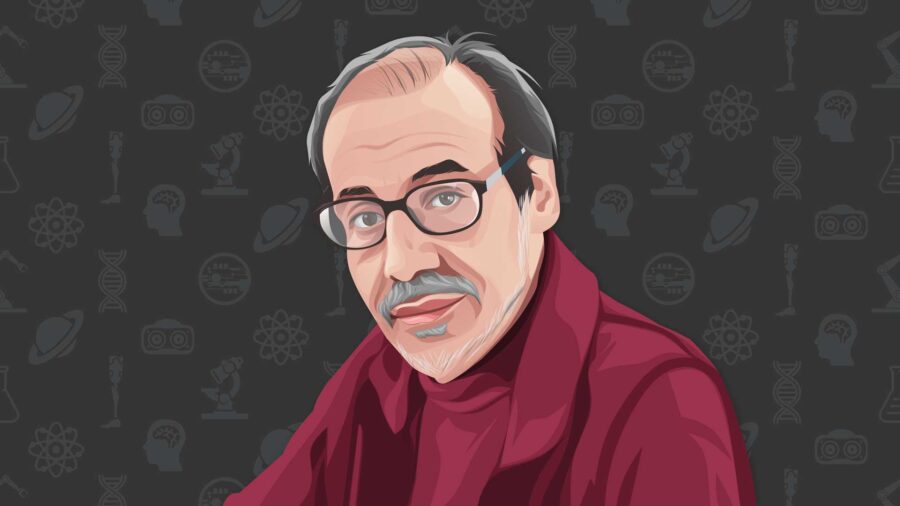
Futures Podcast #3: Transhumanism and Risk, with Professor Steve Fuller
presented by Luke Robert Mason, Steve Fuller
Humanity 2.0 starts to challenge a lot of the assumptions of Humanity 1.0, especially in terms of issues having to do with limitations. So in other words, you might say there are two ways to go on Humanity 2.0. And in my writing, I associate these with the transhuman and the posthuman, respectively.
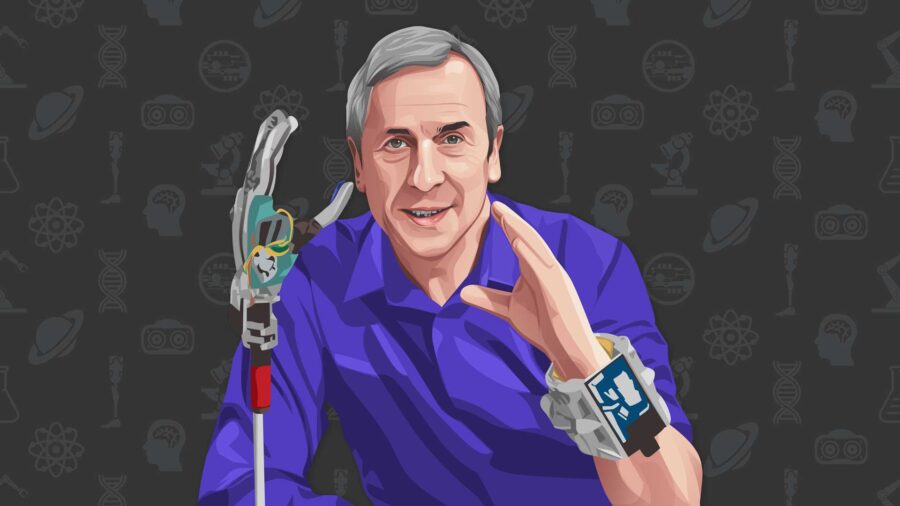
Futures Podcast #1: Cyborg Experiments, with Professor Kevin Warwick
presented by Kevin Warwick, Luke Robert Mason
Humans, we’re pretty limited in what we can do, let’s face it, mentally particularly. We just have a bunch of brain cells. And the possibility of enhancing our brain, our mental capabilities, I think is enormous.

